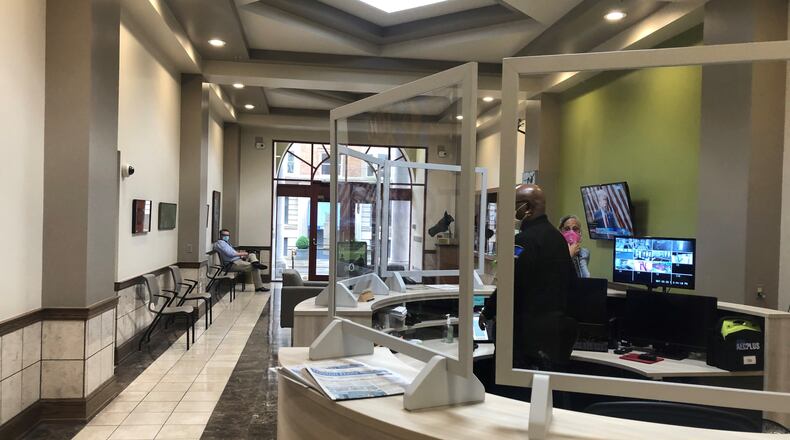“They recognized our members really stepped up to the plate,” she said.
The city also has agreed to reduce the amount of money union employees have to pay toward their five cost-savings days, she said.
Nonclassified employees who are not in bargaining units, which includes managers and supervisors, also will receive the one-time payments. They also did not receive pay increases this year.
City leaders last fall approved a three-year collective bargaining agreement with the DPSU Local 101.
This week, they approved an amendment to the agreement that provides $2,000 American Rescue Plan payments to the more than 700 DPSU Local 101 members.
The city is expected to receive about $147 million from the federal American Rescue Plan Bill, which President Joe Biden signed.
The city and the union representing blue collar and clerical workers returned to the table after the federal legislation was passed.
DPSU Local 101 agreed to accept a pay freeze in 2021 and also agreed to take five cost savings days that members would pay for via small reductions in their regular wages.
The city has agreed not to make DPSU members pay for all 40 hours of their cost savings days, and instead they will now pay for less than two of those days, Sulfridge said.
“They are truncating it,” she said. “Everybody gets the cost savings days ... but you don’t have to pay for (all of) the days anymore, and that money will stay in your check.”
Unclassified employees also have five cost savings days they can use this year.
“Essentially what we’re doing is we’re reimbursing employees for the cost of those CSD days ― that’s what the $2,000 does,” said Dayton City Manager Shelley Dickstein. “And then we are letting them keep their five days of additional vacation.”
She said this will help employees recover from the hardships that COVID-19 created in the last year. She praised DPSU for working with city leadership during this crisis.
City and union officials say the American Rescue Plan funding is a vital lifeline, but the city still faces an uncertain financial future if people who work from home do not return to the office and their incomes are taxed where they live.
The city could lose a very large share of its income taxes, because many members of downtown’s workforce may not come back, officials and elected leaders say.
Officials say the city has to be careful how it spends the American Rescue Plan funding since it is at risk of major revenue losses moving forward.
About the Author


